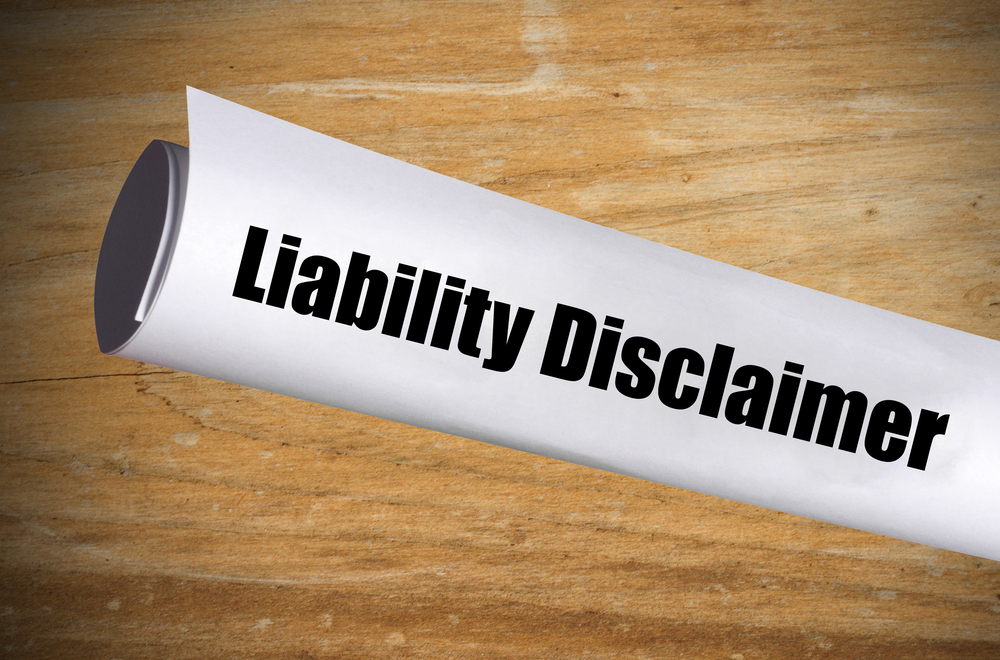Recovering Attorney’s Fees in Litigating the Amount of Attorney’s Fees
The expression “fees for fees” or “fees on fees” generally refers to a situation where a party is awarded their attorney’s fees for litigating the amount of attorney’s to be awarded. Typically, litigating the amount of fees to be awarded to a prevailing party is not recoverable. Nazarova v. Nayfeld, 47 Fla. L. Weekly D1089B (Fla. 3d DCA 2022). However, such fees can be awarded if the contract in which attorney’s fees is based includes applicable language or is "broad enough to encompass fees incurred in litigating the amount of fees." Id. (internal quotation and citation omitted). In Nazarova, the fee provision...
Continue reading













